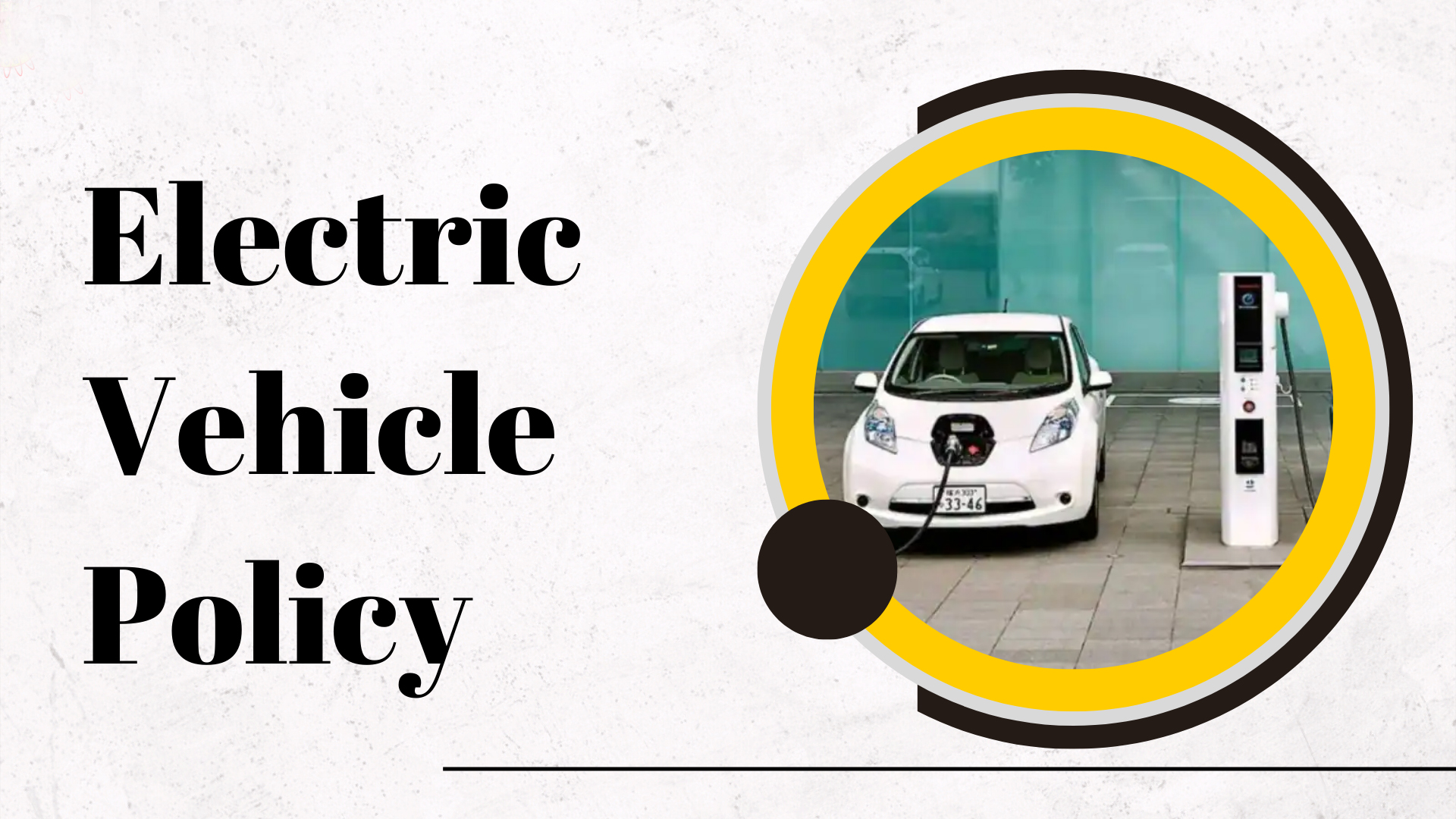- Promotion of electric mobility ecosystem across J&K UT
- Electric Vehicle Policy to be formulated shortly
Mohinder Verma
JAMMU, June 11: A high-level committee, which has been assigned the task of formulation of comprehensive Electric Vehicle Policy for the Union Territory of Jammu and Kashmir, has laid thrust on creation of charging infrastructure at the District, Sub-Division and Tehsil level besides after every 25 kilometers on the highways for promotion of electric mobility ecosystem.
The Government vide Order No.1264-JK(GAD) dated October 20, 2022 constituted a committee for formulation of comprehensive Electric Vehicle Policy for the Union Territory of Jammu and Kashmir. The committee headed by Administrative Secretary of Housing and Urban Development Department and comprising of Administrative Secretaries of Industries and Commerce Department, Power Development Department, Transport Department, Law Department and Director General Budget was asked to evaluate and suggest measures to promote electric mobility ecosystem in the UT in general and in the twin cities of Jammu and Srinagar in particular.
Further, the committee was assigned the task of analyzing scope of incentives as may be granted for ownership of electric vehicles, including conversion of existing commercial fleets into electric set-up; suggest broad contours of the infrastructural requirements for shifting to electric mobility by comparing similar policies/rules of neighboring States; analyze aspects related to road safety associated with the usage of electric vehicles and suggest measures to promote research and innovation as well as skill development in the field of electric vehicles.
“The committee has held deliberations in its few meetings and every member is of the opinion that creation of charging infrastructure at various levels is imperative for promotion of electric mobility ecosystem in the Union Territory”, official sources told EXCELSIOR.
They disclosed that in its first draft shared with the Government the committee has laid thrust on the creation of charging infrastructure at the District, Sub-Division and Tehsil level besides after every 25 kilometers on the highways so that owners of the electric vehicles don’t face any difficulty in charging the vehicles.
“At present charging infrastructure is available only at Jammu, Srinagar, Patnitop and Katra and no such facility has so far been created elsewhere in the UT till date”, sources informed, adding “no doubt expenditure of around Rs 10 lakh is required to be made for establishment of each fast charging station but without investment in creation of such an infrastructure promotion of electric vehicles is not possible”.
They further said, “even Government is considering to fix some percentage for electric vehicles while making purchase of automobiles for the departments in future as such creation of wide-spread charging infrastructure is a must”.
About Electric Vehicle Policy, they said, “the committee will start holding deliberations in this regard within next few days and after detailed analysis of such policies in other States will submit comprehensive report to the Government for approval”.
As already reported exclusively by EXCELSIOR, the Union Ministry had in the month of October last year directed the Government of Union Territory of Jammu and Kashmir to promote Electric Vehicle Financing Scheme among Government employees in order to control the emerging pollution level.
In the communication addressed to the J&K Government, the Department of Jammu and Kashmir and Ladakh Affairs in the Union Ministry of Home Affairs had mentioned that Electric Car Financing Scheme with zero down-payment and interest rate under collaboration with the State Bank of India (SBI) and US Electric Car Manufacturers is being offered to eligible employees”.
Even all the details of the Electric Car Financing Scheme were shared with the J&K Government, which had further forwarded the same to all the Administrative Secretaries, Divisional Commissioners of Kashmir and Jammu, all Deputy Commissioners, Directors, Managing Directors and Chief Executive Officers (CEOs) for necessary action at their end under an intimation to the General Administration Department (GAD).


